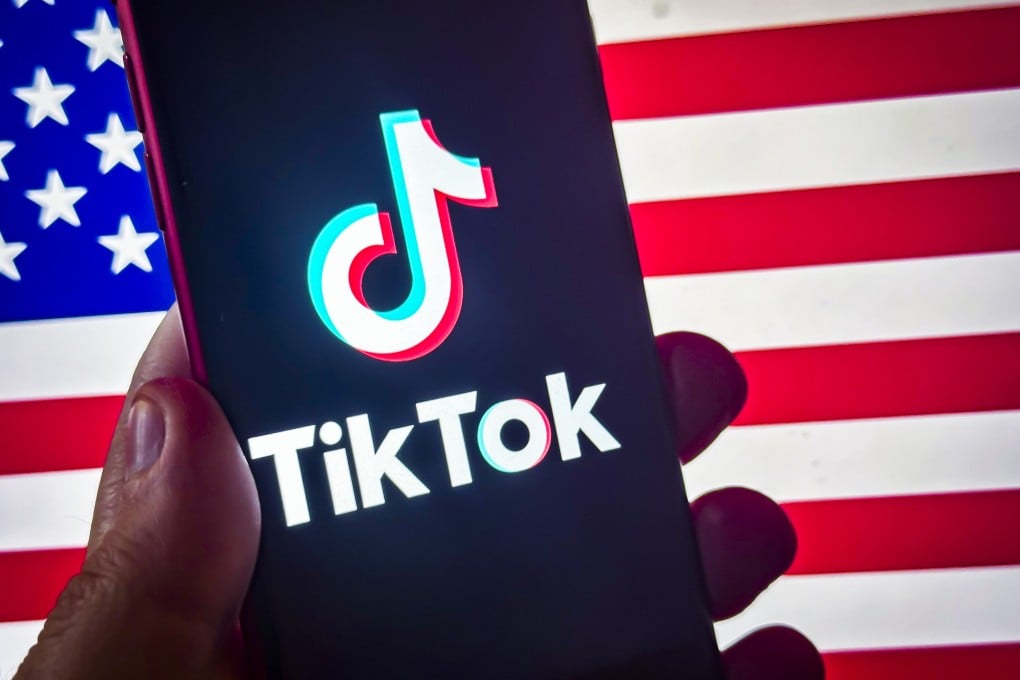My Take | US surveillance is the real reason why TikTok, Huawei are targets
Overriding concern is less about Chinese data threat but the ability of American agencies to gain clandestine access through their networks

Donald Trump’s interview with Fox News last week had a jaw-dropping moment. The president seemed to dismiss the supposedly existential danger posed by TikTok to America: “Is it that important for China to be spying on young people watching crazy videos?”
Of course, the US ban-or-sell order was never about that. The real but unspoken fear is not that Beijing would use TikTok to spy on American youth. Rather, the real US concern is that TikTok has been following American laws and regulations to a tee, thus hindering law enforcement and intelligence agencies in accessing its user data through clandestine means.
Since the groundbreaking revelations of Edward Snowden, we know practically all the major US-owned telecoms and social media platforms have “back doors” left open for US government agencies to access. The “Twitter files” released by Elon Musk after the tycoon bought it showed how US agencies frequently demanded access to its user data.
As pointed out by the Washington-based Brennan Centre for Justice, among others, “there are other [US] laws, as well as gaps in the law, that are increasingly enabling warrantless surveillance of Americans … [The] government can access some of the same information it obtains through back-door searches – and evade legal privacy protections – by simply purchasing the information from data brokers, all without a warrant.”
In the context of so-called TikTok refugees, it is revealing that hundreds of thousands, perhaps millions of users, prefer risking potential Chinese surveillance and censorship than actual American ones by migrating to RedNote.
Meanwhile, the same logic – the need to expand surveillance – applies to Washington’s multi-year attempt to destroy Huawei. Washington’s global efforts to undermine the tech giant’s international telecoms business are well-known.
What is less discussed, but perhaps even more important in terms of geopolitics, is the US success in rolling back HMN Tech – formerly Huawei Marine Networks – with its once world-beating business in laying and maintaining submarine telecoms cables. In 2020, the Chinese Hengtong Group took over the majority ownership, from parent Huawei, but that did not stop the American hostility.
